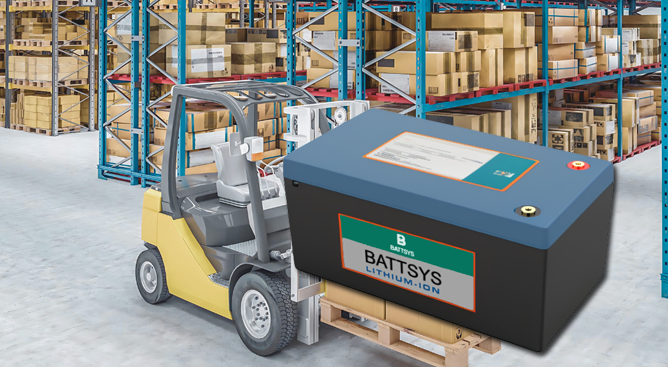Will lead-acid batteries be phased out?
Will lead-acid batteries be phased out? The answer is beyond doubt, the wheels of history are mercilessly crushing past.
Lithium batteries are gradually replacing lead-acid batteries.
Its disadvantages are obvious. Firstly, its energy density is low. Ordinary lead-acid batteries can only reach 40Wh/kg, while the general standard for lithium batteries has been raised to 90-120Wh/kg, which is undoubtedly two to three times that of lead-acid batteries. From the perspective of battery development, batteries with low energy density will inevitably be replaced by high-efficiency batteries.
Although energy density is a key indicator for developers, the importance of battery life cannot be ignored for end-users. The lifespan of lead-acid batteries is usually only 2-3 years, while lithium batteries are 3-5 times longer. In terms of cost-effectiveness, lithium batteries are clearly more attractive. In addition, the recycling of lead-acid batteries is also a major pain point, as non-standard disposal methods lead to serious environmental pollution, while sodium ion batteries have more advantages in this regard.

Although lead-acid batteries will not be completely replaced by lithium batteries in the short term due to cost and technical issues, the gap between sodium ion batteries and lead-acid batteries is gradually narrowing as their performance improves and costs decrease. Teacher Li believes that when sodium ion batteries are produced on a large scale, the elimination of lead-acid batteries will be inevitable. Therefore, in the face of such a comparison, would you still choose lead-acid batteries? The answer seems to be quite clear.
